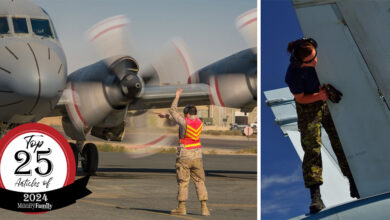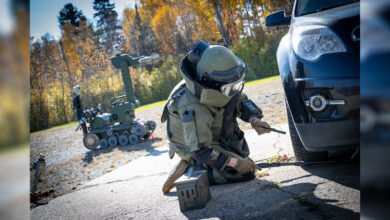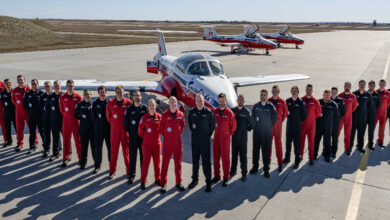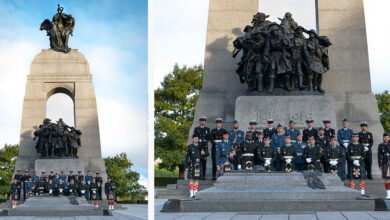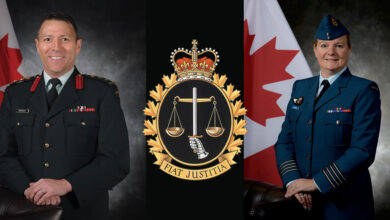Duty CallsUncategorized
HMCS Edmonton and Saskatoon depart
Her Majesty’s Canadian Ships (HMCS) Edmonton and Saskatoon departed from Esquimalt Feb. 12 to embark on Operation CARIBBE 2016, Canada’s contribution to the multinational campaign against illicit trafficking by transnational crime organizations in the Pacific Ocean and the Caribbean. This is Canada’s tenth year contributing to the international campaign, Op MARTILLO.
HMCS Edmonton and Saskatoon will attempt to build upon previous deployments of Op. CARIBBE. The ships are following HMCS Brandon and Whitehorse, who returned from the operation in early December. HMCS Brandon and Whitehorse hold the record for seizing and disrupting more narcotics during a 44-day deployment than any other duo of Maritime Coastal Defence Vessels in the history of the operation. A combined total of approximately 9,800 kilograms of narcotics was seized or disrupted.
“Our sailors are proud to support this multinational effort to suppress criminal activity at sea and interrupt the flow of illicit drugs which contributes to the erosion of regional stability. We remain steadfast in our commitment to build and sustain relationships with our regional partners, who share our interests and security concerns, through various training opportunities, port visits and humanitarian projects,” said Rear-Admiral Gilles Couturier, Commander, Maritime Forces Pacific.
The 2016 Op CARIBBE mission began with the deployment of two Kingston Class vessels, HMC Ships Moncton and Summerside, to the Caribbean Sea. Throughout the year, the RCN will deploy various warships from both coasts and the RCAF will provide CP-140 Aurora aircrafts from various long-range squadrons to Op CARIBBE.
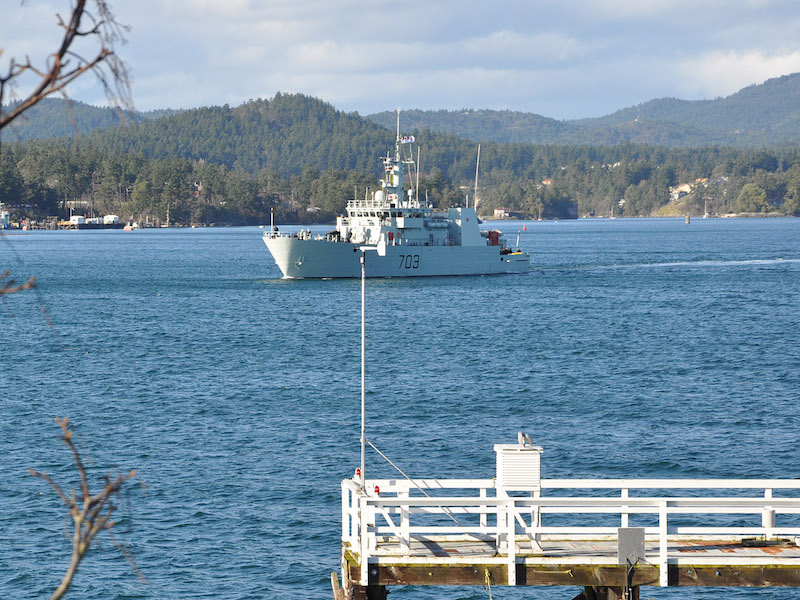
In 2015, the CAF contributed several warships and aircrafts in support of the international Operation MARTILLO, including four CP-140 Aurora surveillance aircrafts, five Maritime Coastal Defence Vessels, two Halifax-class frigates with their embarked CH-124 Sea King helicopter and one Iroquois-class destroyer with her two embarked CH-124 Sea King helicopters. The CP-140 Auroras flew for a combined 321 hours, the CH-124 Sea Kings flew 150 hours while the warships deployed for a combined total of 344 days.
In 2015, the CAF was able to contribute to the seizure or disruption of approximately 18.5 metric tons of cocaine and three metric tons of marijuana, the most the CAF has ever contributed since the inception of the operation.
The CAF has been conducting Op. CARIBBE, as part of the larger Op. MARTILLO, since November 2006 in an effort to support the Government of Canada’s larger commitment to engage in the Americas. The operation supports the CAF’s mission to defend against security threats to Canada, North America and defence and security partners.
Look for our article about the Royal Canadian Navy in our March Madness issue.
**Photos courtesy of http://www.navy-marine.forces.gc.ca/en/news-operations/news**





